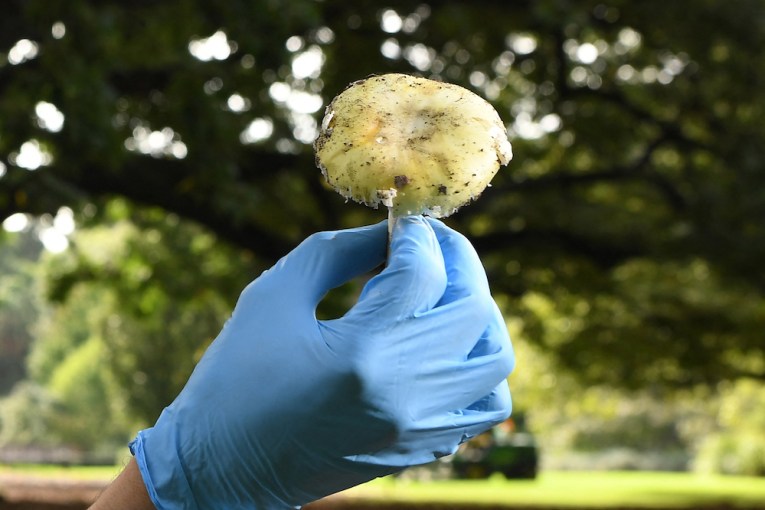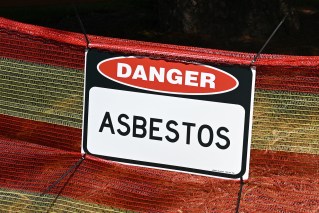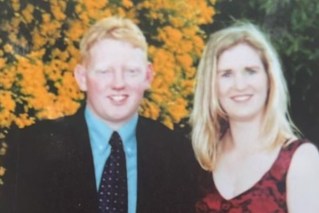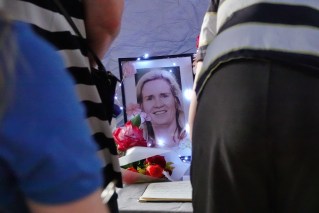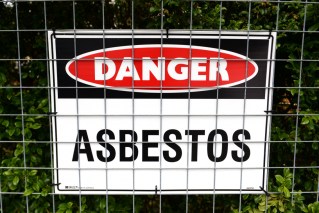Micro hotel trend coming to Melbourne
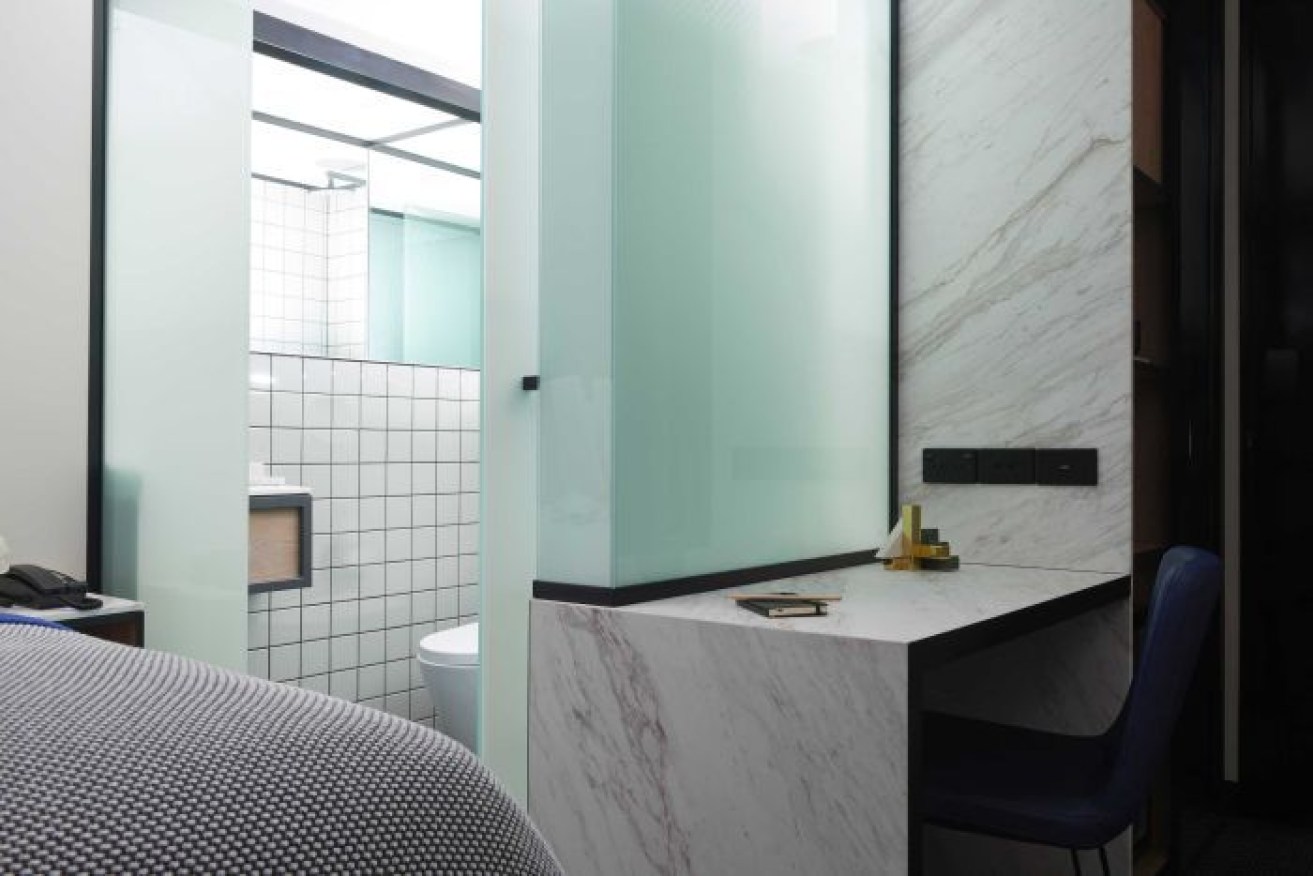
One of the compact rooms at the Tribe Hotel in Perth. Photo: Tribe Hotel
When Josh Nicholas visited Japan, he didn’t want to pay for one of the country’s notoriously expensive hotels, but he also wanted to avoid “dingy” hostels.
So he stayed in a micro hotel – in a small “pod” containing a bed and very little else.
“Hostels are a bit dingy and in weird places, and hotels are way too expensive for people in my age group,” he said.
“I’d heard about them [micro hotels] before and I just wanted to try it. It really just served a function – I got there, went to sleep and left,” he said.

A capsule hotel in Japan, perhaps the original form of micro accommodation. Photo: Twitter / AvAntilog
The minimalist, budget accommodation movement is spreading across the United States, Europe and Asia – and now a proposal for Melbourne’s first micro hotel is before the city’s council.
If successful, the 140-room, 12-storey hotel would replace the old Theosophical Society building on Russell Street in the CBD.

Josh Nicholas says conventional hotels are too expensive for young people. Photo: ABC
“It’s a trend that has really grabbed hold in global cities around the world,” Victorian Tourism Industry Council chief executive Felicia Mariani said.
Guest rooms at the micro hotel would be 18 square metres. That’s just over double the minimum size requirements for a habitable room under Victoria’s building regulations.
“This is just another iteration of the consumer saying ‘we want something different for my needs and values’ and the tourism market has again responded to that,” Ms Mariani said.
The hotel is a collaboration between architecture firms Buchan and Nikken Sekkei.
Plans submitted to council pitch the project as a response to market demand for micro and boutique hotels.
The document shows the hotel would forego lavish, opulent suites in favour of economical, compact rooms, as a response to the rising cost of land in large cities.

An artist’s impression of Buchan and Nikken Sekkei’s proposed operation in Russell Street, Melbourne. Photo: City of Melbourne
Ms Mariani said traditional operators should not be worried about micro hotels entering the market as they would supplement, rather than disrupt, the industry.
“It’s not for everyone. There’s always going to be a place for luxury accommodation. There’s always going to be a place for mid-level accommodation,” she said.
“People still expect good service, a good quality and good experience – they’re just expected to pay for that at varying levels.”
Hotel room boom
Growth in Melbourne’s tourism industry has made it an international city, according to the city council.
Central Melbourne had 13 million visitors in 2017, a figure that is expected to grow about 9 per cent each year.
“The tourism boom isn’t just a boom by Australian standards – it’s a really global boom. There’s not too many places in the world you go to and see 9 per cent growth,” Councillor Nicholas Reece said.
While the council could not confirm when construction on the Russell Street micro hotel would begin, data shows there are more than 15 similar projects in the pipeline.

Tribe opened its Perth hotel in May 2017. Photo: Tribe Hotel
“We do need to invest in more infrastructure to accommodate that growth … make hotel rooms and create other amenities that we want visitors to the city to enjoy,” Councillor Reece said.
“Occupancy rates in the city are very high. We know we need more hotel rooms in the city and we’re keen to see more projects going ahead.”
